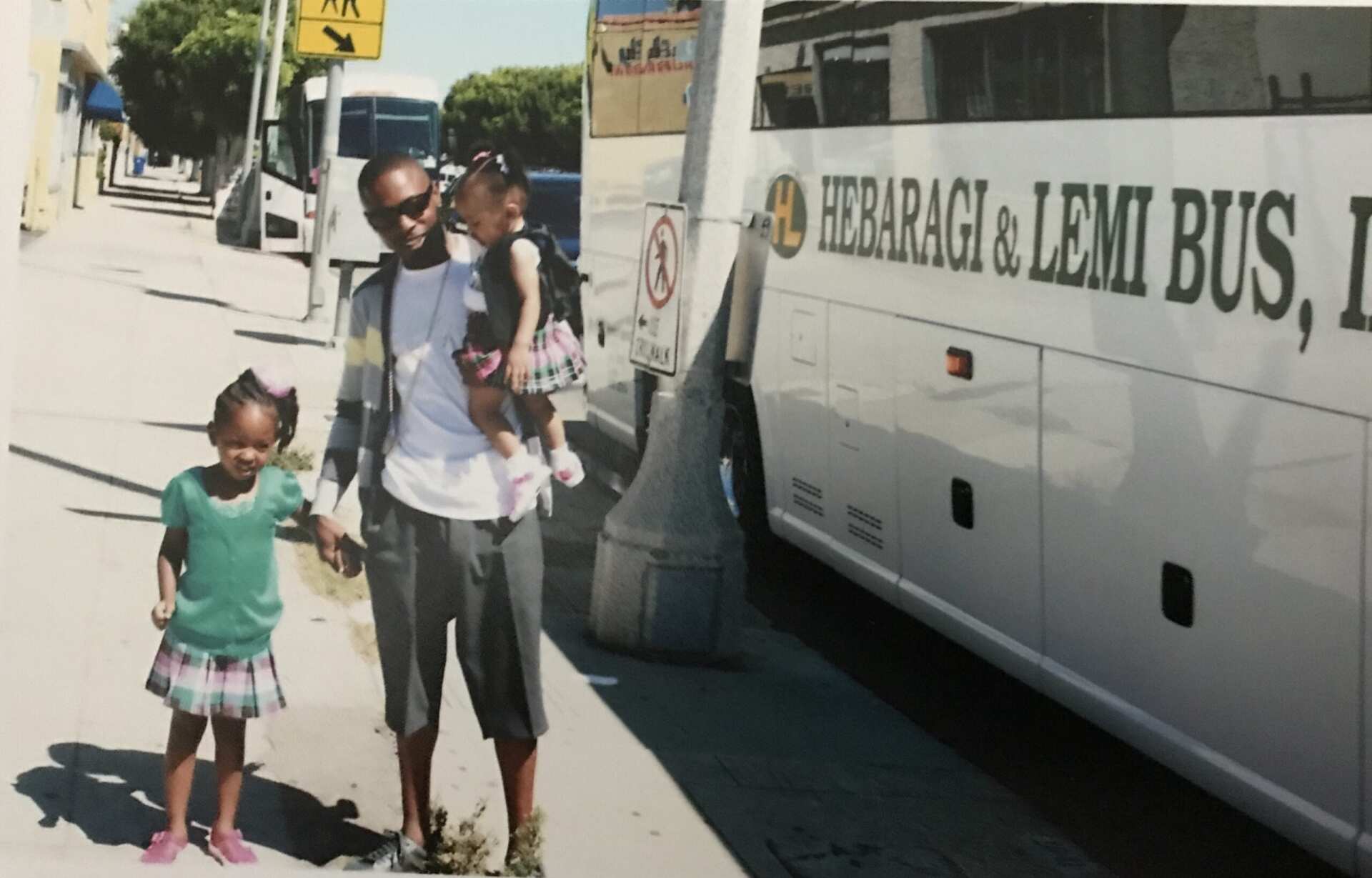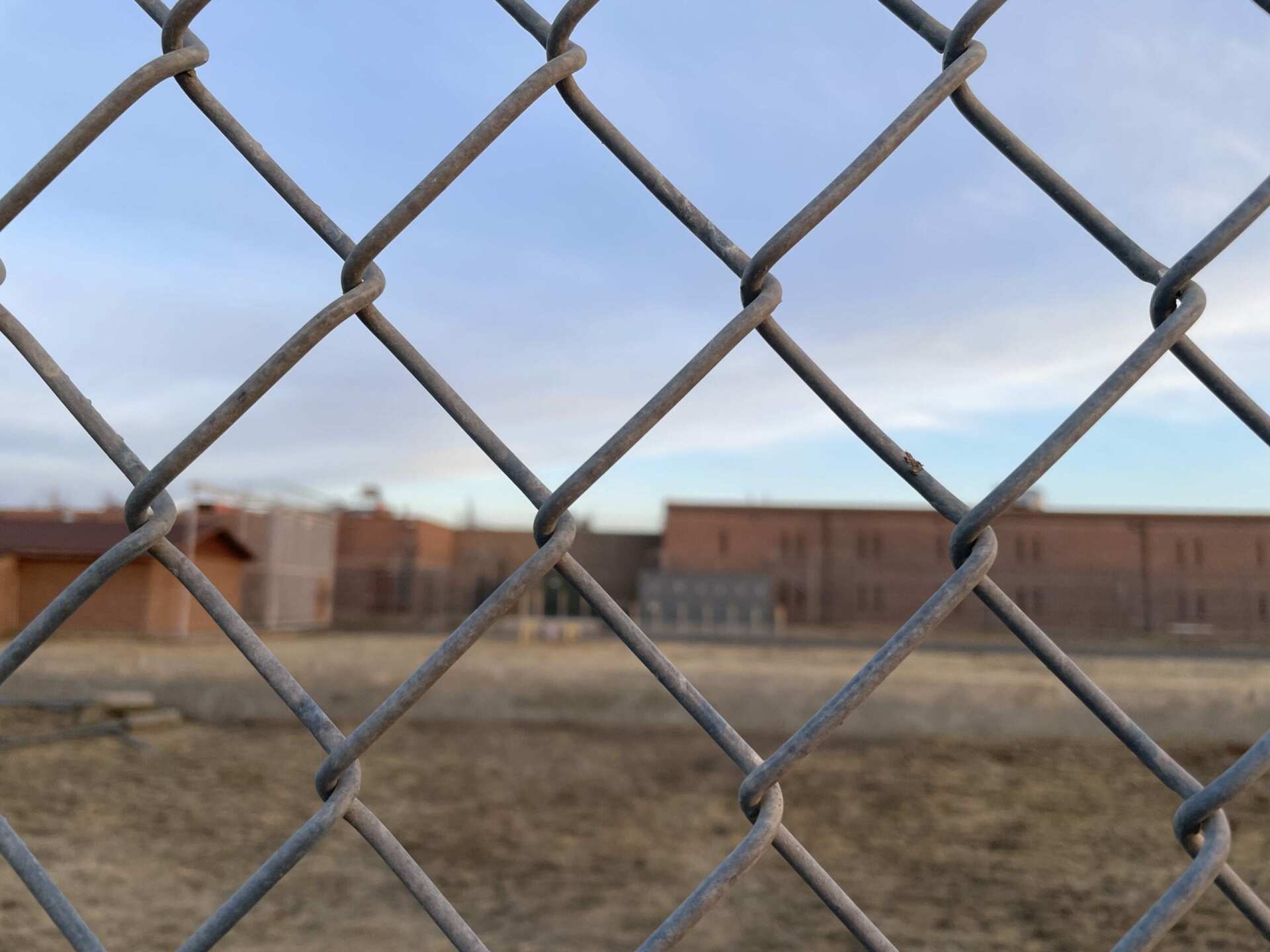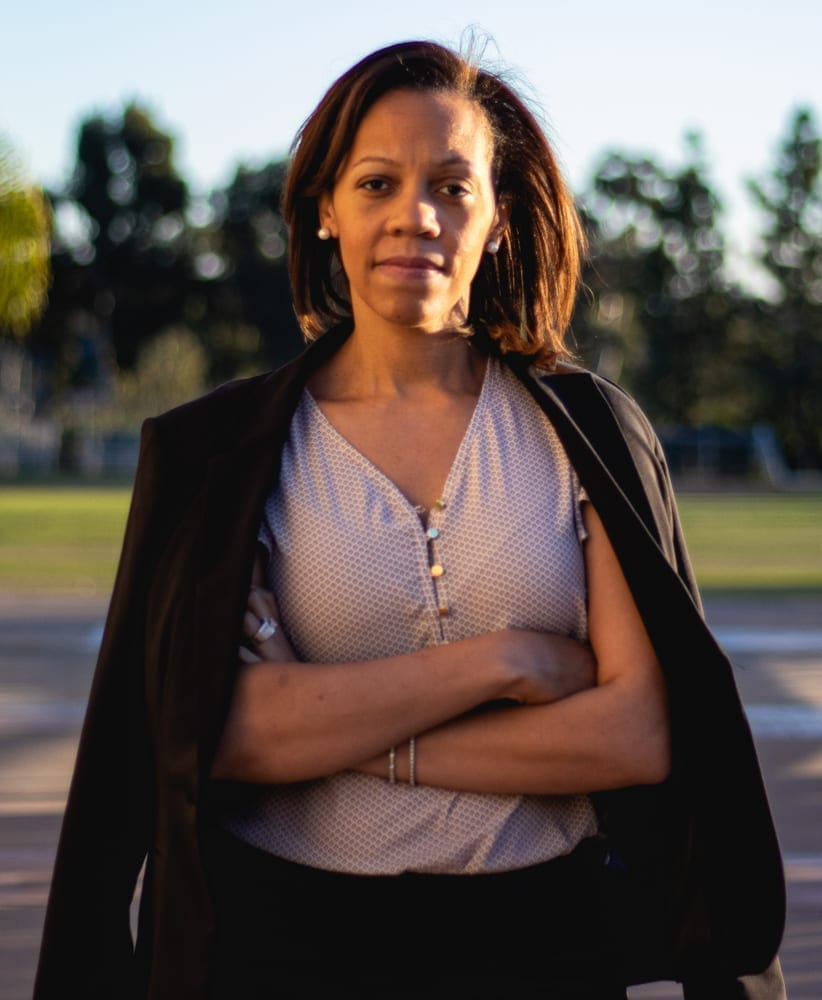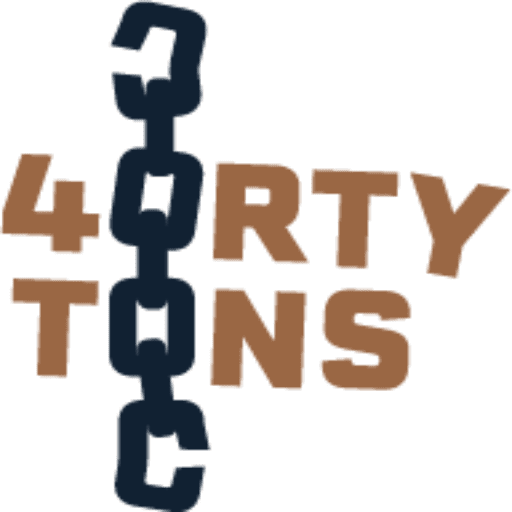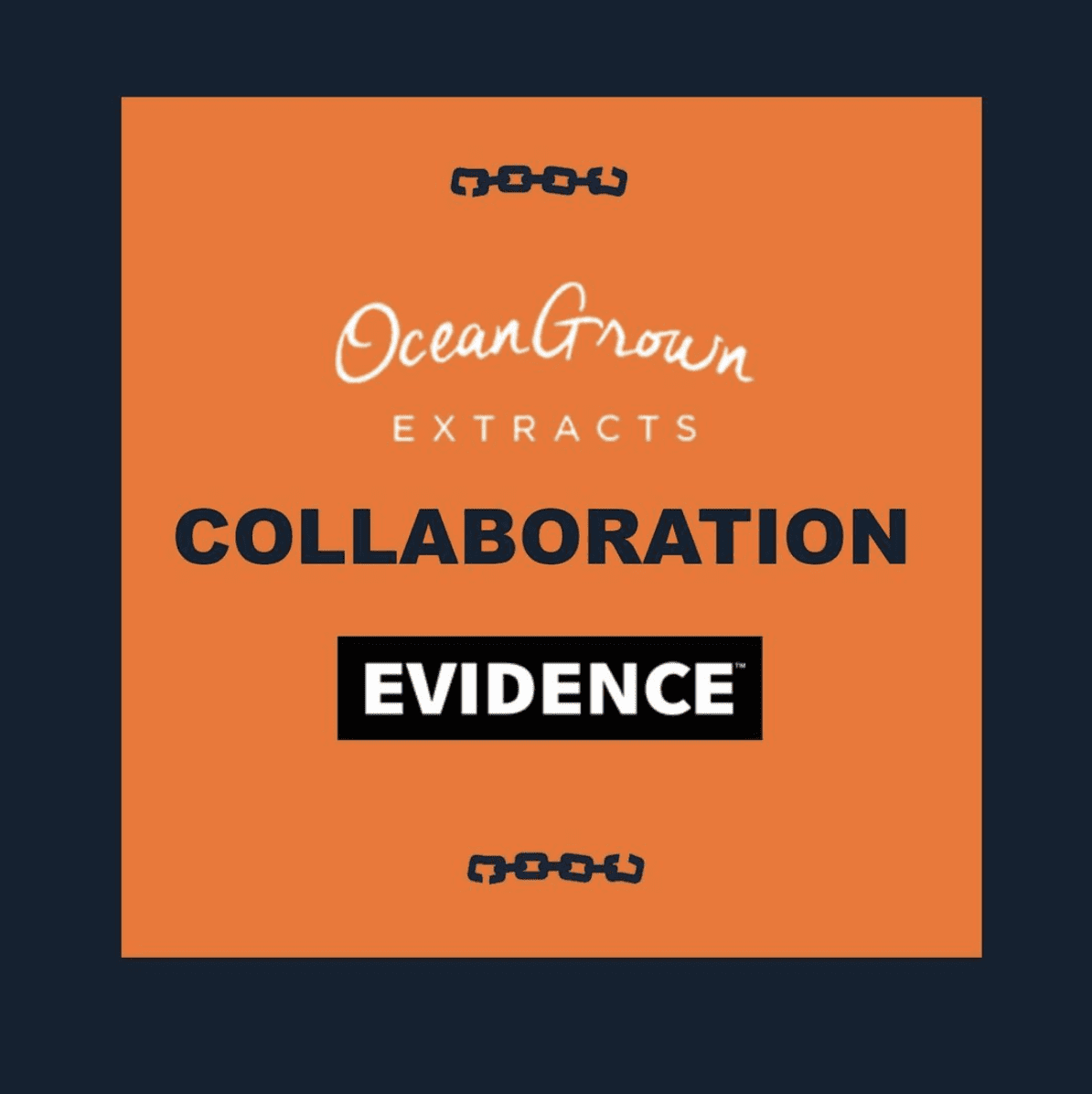40 Tons: The Weight of Suffering
The Impact on Families
According to a fact sheet issued by the Rutgers University National Resource Center on Children & Families of the Incarcerated, “Parental incarceration increases the risk of children living in poverty or experiencing household instability” and “is now recognized as an ‘adverse childhood experience’ … distinguished from other adverse childhood experiences by the unique combination of trauma, shame and stigma.”
The center also notes that “15‐20% of children entering the child welfare system have an incarcerated parent” and that trends related to families of the incarcerated “have been intensified by the disproportionate impact of the ‘war on drugs,’ in which two thirds of all persons in prison for drug offenses are people of color.”
40 Tons was inspired specifically by the story of Los Angeles native Corvain Cooper, currently incarcerated at the United States Penitentiary in Pollock, Louisiana. His lawyer Patrick Megaro relates that at Cooper’s sentencing, “when they led him into the courtroom, the judge said — on the record — that he was extraordinarily uncomfortable … giving a life sentence, without the possibility of parole, to a 34-year-old man with children on a case like this.”
By “a case like this,” he was referring to a nonviolent conspiracy to ship marijuana from Los Angeles to North Carolina, the culmination of “three strikes” against Cooper, which meant that federal-sentencing regulations robbing judges of judicial discretion required him to impose the maximum sentence.
Cooper’s situation is particularly infuriating because his first two strikes are no longer felonies in the State of California. The first was for possession and transportation of a half-pound of marijuana, for which he served less than a year in state prison; the second was for possession of codeine — cough syrup — without a prescription. Both convictions have been vacated. As he is no longer subject to “three strikes” prosecution, if Cooper went on trial today, he would not receive a life sentence.
The Inspiration
Drug-possession laws are disproportionately enforced against people of color (Cooper is African American). People of color are thus far more likely to suffer harsh penalties under three-strikes laws, a hallmark of the War on Drugs (on which $47 billion is spent annually*). By way of example,
27% of the people arrested in 2017 for drug-law violations were Black, though Black people make up only 13.4% of the U.S. population.
From 1988 through 2018, 3,923 people were sentenced to life without parole for federal drug offenses — 80% of them people of color, according to the nonprofit Buried Alive Project. “The war on drugs is still in full throttle, and that has to change. The first step for policymakers and decision makers is to acknowledge that it’s been an utter failure,” Buried Alive Project cofounder and director Brittany K. Barnett told Texas Monthly in October 2020. “It’s not just a war on drugs; it’s a war on communities of color … The only thing these decision makers will respond to are stories of mothers and daughters and fathers and sons.”
By the time Corvain Cooper was arrested in 2013, he was turning his life around; he’d established a successful apparel business, a source of employment in his community, had become active in his church, was engaged and raising two daughters (aged four and eight) and enjoyed close relationships with his mother, sister and members of his extended family, who’ve struggled mightily since he went away (none have the resources to travel from California to Louisiana to visit Cooper).
The statute of limitations on his previous convictions was mere months from expiring when one of his partners in crime, a close friend since high school, named him as a co-conspirator in exchange for prosecutorial consideration. Cooper made no such deal, opting instead to exercise his right to trial, certain the charges he faced would be deemed unfair given his low level in the conspiracy hierarchy. Instead, it was his third strike.
Cooper had been charged with conspiracy to distribute and possess with intent to distribute marijuana. As part of a conspiracy, regardless of the relatively minor role he played in it, Cooper and those charged with him were each deemed personally responsible for the entire weight of marijuana distributed over the course of the operation: 40 tons.
The People Behind the Brand
It was Cooper who suggested the name “40 Tons” to Anthony Alegrete the company’s Operations Manager, on a prison phone call after finding out that Anthony’s wife had plans to start a Cannabis brand. Anthony, another high-school friend of Cooper’s, had also been part of the conspiracy. He’d cleaned up his act years before being named by the same co-conspirator who’d implicated Cooper which thankfully resulted him in a lessor prison sentence.
After two previous terms in prison (only one marijuana-related, making him ineligible for three-strikes prosecution), Alegrete had repudiated his criminal past. He’d moved with his wife to Las Vegas, graduated from UNLV, opened a fitness studio and started a nonprofit devoted to fighting childhood obesity.
He and Loriel were raising three kids of their own, including a newborn, when, in 2013, he found himself heading back to prison despite everything he’d done to put that life behind him. No matter how much distance he put between his old life and his new one, it wasn’t enough to escape the pernicious clutches of the system.
“Over the years, I’ve been the one who holds the household down, taking care of everything inside the household while Anthony did everything outside the household. Now it’s going to be me, doing inside and out. It’s scary,” Loriel said before Anthony left, transmitting the anxiety experienced by the loved ones of the incarcerated.
He resumed his entrepreneurial activities after his release, eventually moving his family to the San Diego area, where he earned a master’s degree. At the same time, he and Loriel explored avenues for supporting the families of people serving time for cannabis crimes and effecting restorative justice, in which victims, offenders and community members work together to repair the harms done by crime. They likewise sought ways to work toward the release or resentencing of nonviolent offenders and promote programs and policies that help former prisoners build full and happy lives as they rejoin society.
Though by then the movement toward state-legal cannabis had gained substantial momentum—cannabis is now legal for medical use in 22 states and recreational consumption in 11—Anthony and Loriel also realized the extent to which it will take a concerted effort by the cannabis industry itself to free people serving time for nonviolent cannabis offenses.
The Birth of a Social Enterprise
In this spirit, they conceived 40 Tons as a social-impact for-profit business, or social enterprise, one that solves a social problem through a market-driven approach. It is committed to hiring the formerly incarcerated to help work at the company and will be donating a portion of its proceeds to advocacy organizations; in addition to the Last Prisoner Project, these may include:
- Marijuana Matters, which identifies and eliminates barriers to economic opportunity in regulated cannabis markets for those disadvantaged by marijuana’s criminalization
- Project Mission Green, who’s function is to secure the release of those serving time for Cannabis offenses and create pathways to expungement or pardons so that they may go on to live meaningful lives
“We obviously will do what we can at the rate in which we grow. Our ultimate goal is to donate a substantial amount to these organizations,” Alegrete says.
Imprisoned since 2014, Cooper has exhausted his appeals. Clemency is his only hope for release. As he sits in prison, reading media accounts of how so-called “multistate operators” are preparing to become the national cannabis brands of the post-Prohibition era, his parents are growing old and his daughters are becoming young women. It pains him to consider the milestones he’s missed. He is the first to own the mistakes he’s made. He understands that he owes a debt to society. Still, as his sister says, “He didn’t take a life, so why is he doing life?”
Add to this miscarriage of justice the exceedingly virulent level of coronavirus contagion in the close quarters of a correctional facility. According to a story in the Washington Post published on Nov. 11, 2020, “A study prepared for the National Commission on Covid-19 and Criminal Justice reports that … [when] adjusted for age, sex and ethnicity, the mortality rate in federal prisons is twice that of the general population.” As of this writing, Cooper’s unit is on lockdown because prison staff herein tested positive for the virus and spread it throughout his unit.
As of this writing, Corvain Cooper has contracted Coronavirus and under quarantine lockdown. When it rains it pours! This is why we must amplify our voices for people like Corvain Cooper.
The Group Effort
“The mission of 40 Tons is to free nonviolent cannabis prisoners, chief among them Corvain,” says Loriel Alegrete. “But to do that, you need money for attorney fees, advocacy efforts, awareness, and so much more. I never intended to create a cannabis brand — it’s a difficult thing to build. Fortunately, we’re not alone; everyone from the cultivator of the top-shelf cannabis we use to the manufacturer and distributor of our edibles and merchandise to our partners in packaging, branding and marketing have donated their services or provided drastic discounts to help offset the costs because they believe in the brand.”
Now anyone who purchases a 40 Tons product can demonstrate their own belief in restorative justice and express solidarity with Cooper, the many others who’ve been imprisoned for cannabis crimes and their families. Consumers have their first opportunity to do so via a collaboration of 40 Tons with Oceangrown Extracts’ “cannabis for a cause” line, Evidence.
“Through our collaboration with Oceangrown, we’ll be in dispensaries throughout California,” Alegrete says with hard-won pride. “It’s just a first step, but we’ve seen this year how even small acts of resistance to injustice can have a real impact. No matter how long it takes, we intend to fight this fight until Corvain and everyone suffering his fate is free.”
“It has been a humble honor working with the 40 Tons team to bring this evidence collaboration to market but more importantly the social good that is coming out of this partnership,” says owner and CEO of Oceangrown Extracts Casey Dalton.
“God willing our friend comes home soon, and after he completes his probation or parole, he will have a seat at the table. We want him to know he has friends out here and that they are all fighting to get him home, “says Anthony. “It’s a blessing to get to be in this position to help my friend. I can hear him now, recounts Alegrete, “Corvain always tells me, what took me down is what’s going to bring me back up.”
To support 40 Tons, visit our website at 40Tons.co. or find us on social media:
If you’d like to carry 40 Tons products in your dispensary, contact us at purchase@40tons.co.
*SOURCE: Last Prisoner Project
QUICK LINKS
NEWSLETTER SIGN UP
4ortyTons | Website Built on KUSHY

